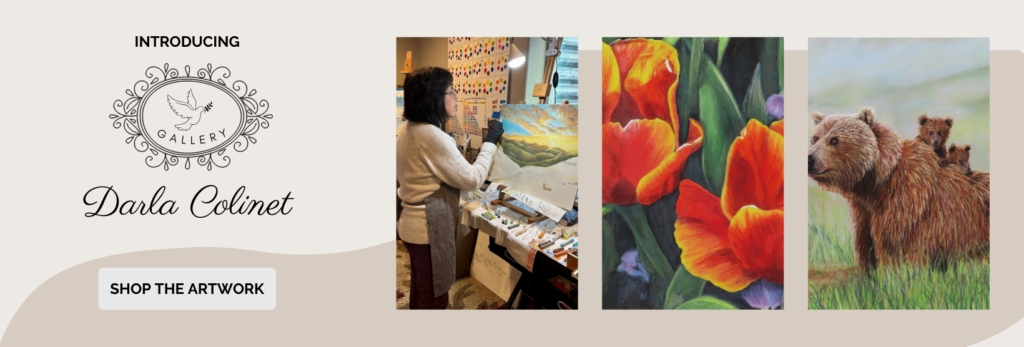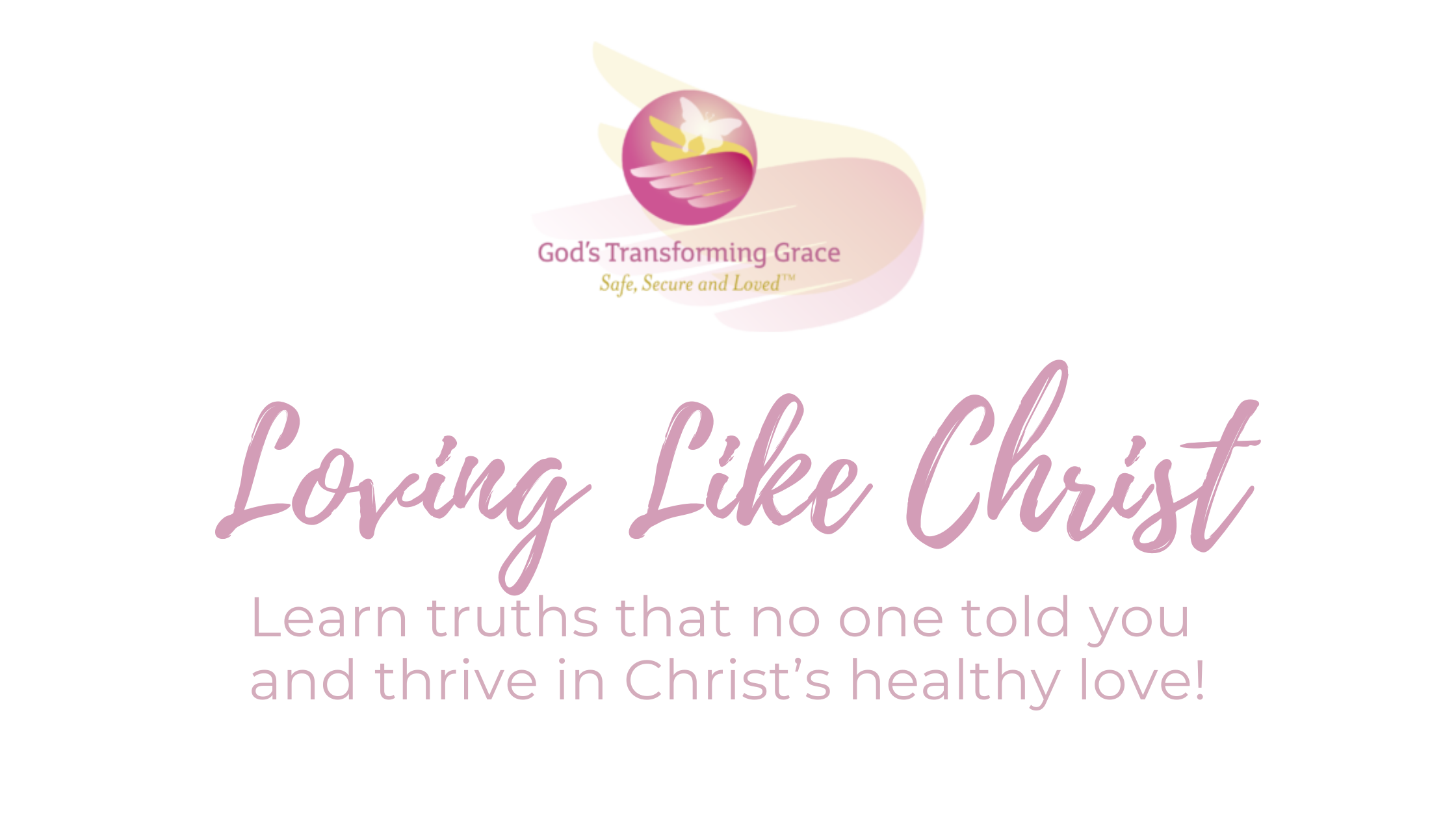To most people, imagining green pastures includes plush or tall green grass. Psalms 23 is one of the Bible’s most famous references to green pastures. However, whenever you read Scripture, it’s crucial to know the context, the area it was written about, the culture, and the audience.

What are God’s Green Pastures
The Lord is my shepherd, I shall not want.
2 He makes me lie down in green pastures;
He leads me beside quiet waters.
3 He restores my soul;
He guides me in the paths of righteousness
For His name’s sake.
- Psa. 23:1-2, NASB 1995
David wrote Psalms 23 in the land of Judea, a desert environment. Although David was a shepherd, he wrote this Psalm from the perspective of a sheep. What’s interesting is that Jesus calls us his sheep.
The picture above shows us the green pastures of David’s time. These patches of grass are scattered throughout the rocky and barren land. They are not plush, tall, or abundant. A good shepherd will only let the sheep eat for a little while and move on so the grass will grow back.
The sheep rely on the shepherd to find these green pastures where they can eat and lie down to rest. They also trust in the protection of the shepherd. These green pastures are not a lush all-you-can-eat buffet.
The good shepherd makes sure they stay healthy by making sure they get what they need, not all they want.
God’s Provision for Us
The Greek translation for “want” means you will lack for nothing you need. Our needs are very few: food, water, shelter or protection, and sleep. God is our Creator, not a genie that gives us whatever we want on demand. God gives us what we need because he knows our wants can be dangerously consuming and take our focus off our reliance on him.
The Old Testament continually confirms his faithfulness to our needs. It also tells us what happens when we think we know better than God about our needs. Let’s look at the Israelites in the desert.
Then the Lord said to Moses, “I will rain down bread from heaven for you. The people are to go out each day and gather enough for that day. In this way, I will test them and see whether they will follow my instructions.
- Exod. 16:4, NASB 1995
But the Israelites kept mana overnight, and “it bred worms and became foul” (Exod. 16:20). They didn’t trust God even though he was feeding them mana and quail every day! Are we trusting and obeying God for our needs, or are we trying to be self-sufficient?
I’m not saying we sit back and let God do everything as we are instructed to work (2 Thess. 3:10) and be responsible for our families. I’m saying, when you lose your job, are you asking God to guide you as you send out your resumes? Are you staying faithful to God in his word and with your church, even if you are frustrated, doubtful, and afraid? Are you asking Christ’s disciples for help and emotional support? Are God’s ways first or yours?
Trusting God with Our Challenges Helps Us Learn and Grow
Trust in the Lord with all your heart. And do not lean on your own understanding. 6 In all your ways acknowledge Him, And He will make your paths straight.
- Prov. 3:5-6, NASB 1995
Living out this verse can often be difficult if we base our faith in God and Jesus Christ on our emotions or circumstances. When we focus and trust our imperfect selves or others, we are not seeking God’s wisdom and guidance. We are not following his ways or trusting him in our obedience.
God and Jesus have proven their love, trustworthiness, and faithfulness have NEVER faltered or lessened. Our faith must be based on trusting everything to them and asking them for help, guidance, and strength while we walk in obedience and wait. Our trust must surpass how we feel, what we see, or the difficulties we endure.
God knows the level of our dependence, trust, and faith. He often allows things in our lives so we are aware of our faith levels and we know what to work on with Jesus daily. Our challenges help us learn and grow.
As sheep, we have the choice to follow two entities on Earth and into eternity. We can choose life and follow Jesus, or we can choose the devil who tickles all of our flesh desires and lures us to follow him. Even if you choose to live for yourself, this choice means you are NOT living with Jesus. Without Jesus, you are living in your sinful state and following Satan. Let’s see what Jesus tells us.
So Jesus said to them again, “Truly, truly, I say to you, I am the door of the sheep. 8 All who came before Me are thieves and robbers, but the sheep did not hear them. 9 I am the door; if anyone enters through Me, he will be saved and will go in and out and find pasture. 10 The thief comes only to steal and kill and destroy; I came that they may have life, and have it abundantly. 11 “I am the good shepherd; the good shepherd lays down His life for the sheep.
- John 10:7-11, NASB 1995

God Supplies Our Ultimate and Eternal Need
God’s provision for us supersedes our human needs. God gives each one of us the opportunity to have our soul restored on earth and to live with him eternally in heaven. Walking with God in complete submission and obedience because we love him fulfills our greatest need: to live in His pure and unconditional love for all eternity!
Don’t get caught up in looking for greener pastures in any aspect of your life or relationships apart from our good shepherd, Jesus Christ. Surrender to Jesus and ask him to lead you. Follow his ways, and he will direct your paths.
We are not meant to live eternally on this broken earth in our imperfect state. One day, Jesus will come back and lead us to the greenest pastures of heaven’s promised land that will surpass anything we can dream or imagine! Follow Jesus, your good shepherd, and be saved!
They will see the Son of Man coming on the clouds of the sky with power and great glory. 31 And He will send forth His angels with a great trumpet, and they will gather together His elect from the four winds, from one end of the sky to the other.
- Matt. 24:30-31, NASB 1995




